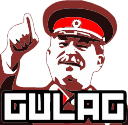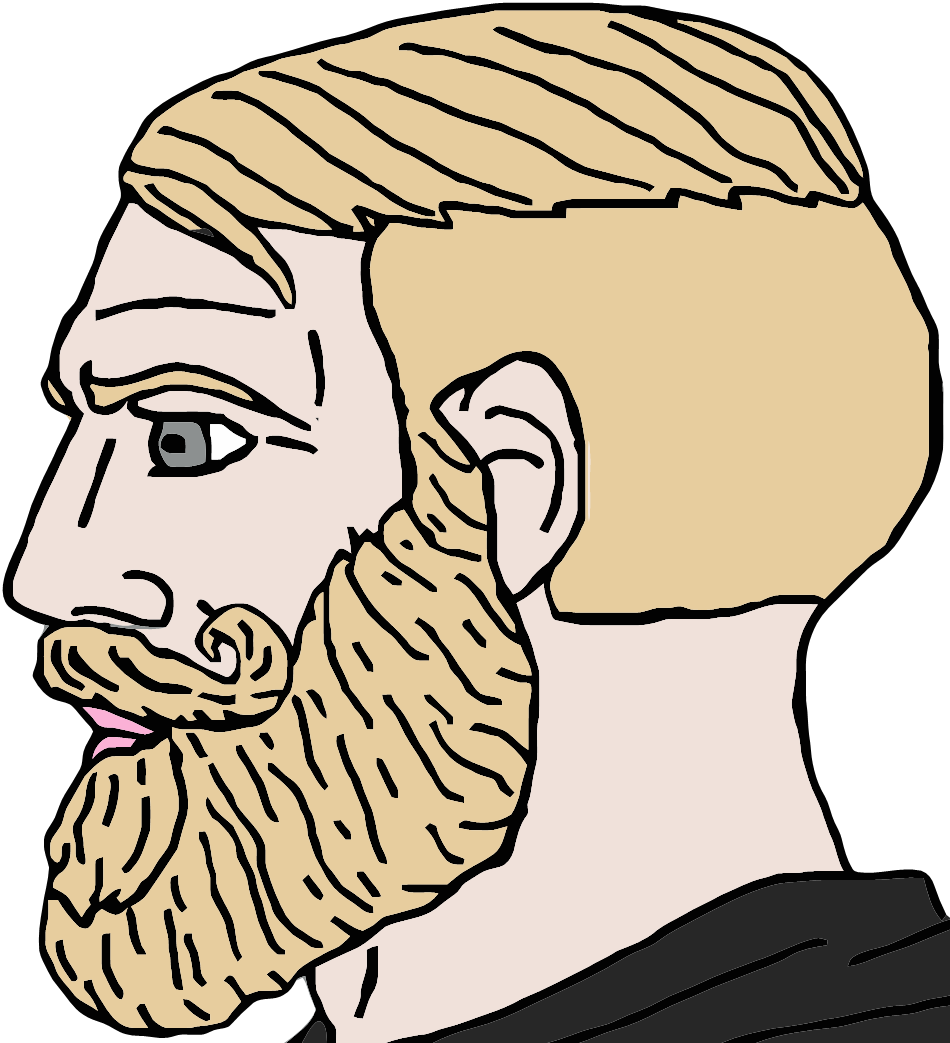For me the easiest tell is the up front, unprompted, and unsolicited declaration of nonpoliticalness. When someone takes the time and expends the breath to announce how nonpolitical they are, what follows is almost always a rant about how everything/everyone else is too political these days, and that of course leads into something between status quo advocacy and outright reactionary/regressive sentiments for some fabled time before those wicked politics were visible to the nonpolitical ranter. 
People that are hostile to service workers. Some just want to take some ideological stand against tipping when the service worker doesn’t really have a choice and needs those tips to survive in the current unjust system in a way where ideological purity gestures toward that service worker just look like being a greedy and sanctimonious asshole. The worst of such people will actually declare, shamelessly, that they believe that service workers don’t deserve a living wage. The implications of that are  worthy.
worthy.
I may get shit for this, but I’ll say it anyway: this hair and beard combo, seen on living people.  I have yet to meet anyone in person with that look that wasn’t a chud.
I have yet to meet anyone in person with that look that wasn’t a chud.
(If one of you is a comrade with that look, I am sorry in advance for the prejudice and if I ever meet you in person I will atone by buying you a drink or something.)


I often think of the Roman Empire and other associated European history because of how much of it informs our current Anglo world-views, but it also demonstrates the differences in the current imperial set-up and how these differences may inform the signs of collapse. To be fair, I spend a lot of time thinking about empires and societies across the world.
Nothing is ever one-to-one but there are always strange similarities, but a lot of these similarities come from the interpretation of historians who are placing their own modern anxieties onto attitudes of the past (or even more common, us interpreting ancient historians who are interpreting history through the anxieties of their own time). Finding what is real, and what is imagined is likely the most difficult task in the world.
It’s amazing how much we think we know, and yet how little we do. The past is truely a strange country.